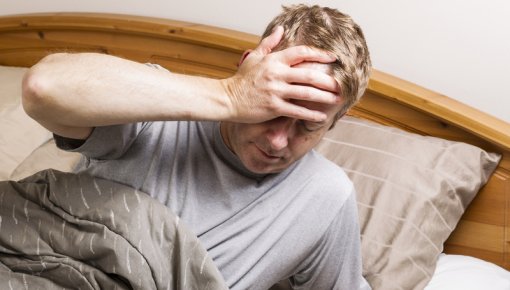Other people in my life have got used to my illness. I talked openly about it with my family, friends and in my sports club. That made everything much easier for me. I didn’t have to hide anything. Of course, it isn’t always easy. If push comes to shove, you just have to distance yourself from people who aren't interested or can’t accept the restrictions the illness brings with it.
I’m a member of a sports club and was the president for a number of years. I actually wanted to step down when the illness got worse. But the members wanted me to carry on. We then reorganized the club a little, so I could still run it despite my illness.
Living with the uncertainty and the restrictions is, of course, frustrating. I can never say for sure whether I’ll be able to go to parties or other events. That’s not nice for the people planning them, or for me. But it’s simply not possible to plan ahead because I don’t know when the next cluster period will start.
I try to enjoy the pain-free phases more nowadays. I do a lot of Nordic walking. I play chess and tend to my house and garden. I do a lot with my friends and get on well with my neighbors. The people around me are very understanding. I'm really lucky in that sense. People leave me alone when I have my attacks. That all works brilliantly.
It makes it easier for me to accept that I can’t travel as much as I used to. I still went abroad to tournaments with the sports club the last few years. I always had my oxygen cylinder with me. But I haven’t flown for more than ten years. I don’t really miss that, though. I've got used to the idea of not traveling as much anymore. It is what it is.
It takes a while for you and your loved ones to accept that you have this illness and that there's no cure. Once you've come to terms with it and accepted it, you can rearrange your life a little. It is possible to live with this illness.

